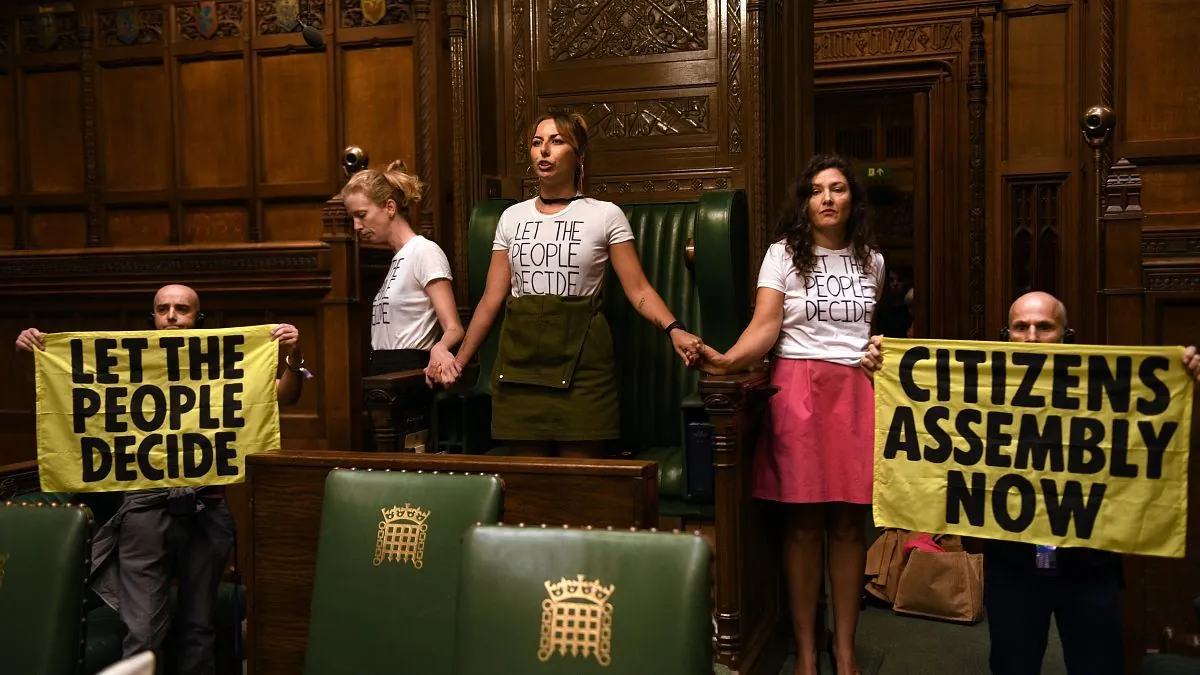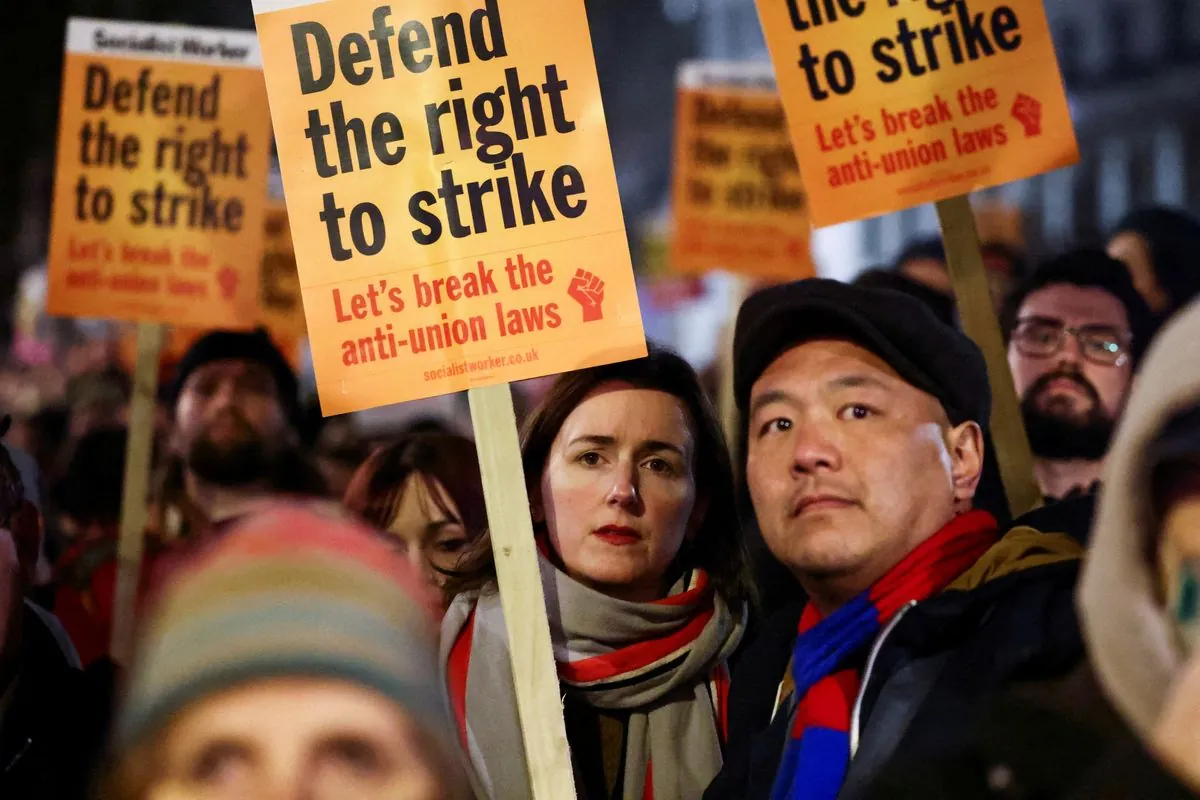UK Labour Government to Scrap Minimum Service Levels Law
Britain's new Labour government plans to repeal the minimum service levels law introduced by Conservatives. The move aims to reset industrial relations and restore trust in public services.

The newly elected Labour government in the United Kingdom has announced plans to repeal legislation that mandates minimum service levels during strikes in key public sectors. This decision marks a significant shift in industrial relations policy, just one month after Labour's victory in the July 4, 2024 election, ending 14 years of Conservative rule.
The minimum service levels law, introduced by the Conservative government in the summer of 2023, was a response to widespread industrial action across various sectors, including railways, healthcare, and education. These strikes were primarily driven by workers' demands for higher wages amidst rising inflation.
Jonathan Reynolds, the Business Secretary, stated, "By removing minimum service levels, we will reset industrial relations, so they are based on good faith negotiation and bargaining, ending the chaos and restoring trust in public services."

The Labour government contends that the previous legislation failed to resolve strike actions and instead exacerbated tensions by limiting workers' rights. This perspective aligns with the party's historical ties to trade unions, which date back to its founding in 1900.
The repeal of the minimum service levels law will be incorporated into a new Employment Rights Bill, scheduled for introduction within the first 100 days of the Labour government's term. This timeline suggests the bill could be presented to Parliament by November 2024.
"By removing minimum service levels, we will reset industrial relations, so they are based on good faith negotiation and bargaining, ending the chaos and restoring trust in public services."
This move reflects a broader shift in the UK's approach to industrial relations. The country has a complex history of labor disputes, including the notable "Winter of Discontent" in 1978-79. Since then, the UK has developed one of the lowest rates of industrial action in Europe, despite not having explicit legal protection for the right to strike.
The new government's approach aims to strengthen collective bargaining, a system where unions negotiate on behalf of workers. This aligns with the role of organizations like the Advisory, Conciliation and Arbitration Service (Acas), which assists in resolving workplace disputes.
As the UK continues to navigate post-Brexit implications for workers' rights and the challenges posed by the growing gig economy, this legislative change signals a potential recalibration of the balance between employer needs and worker protections in British industrial relations.


































